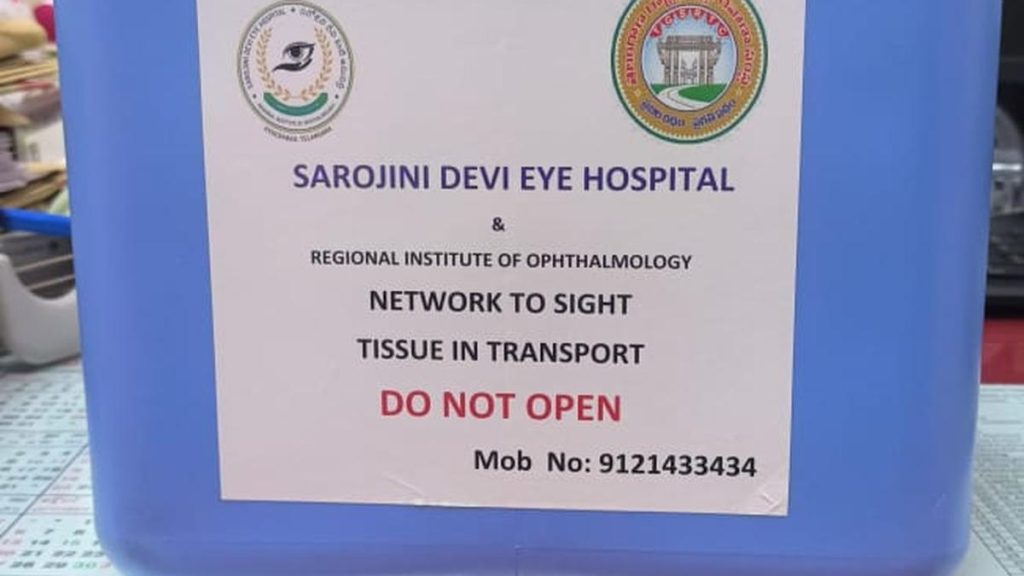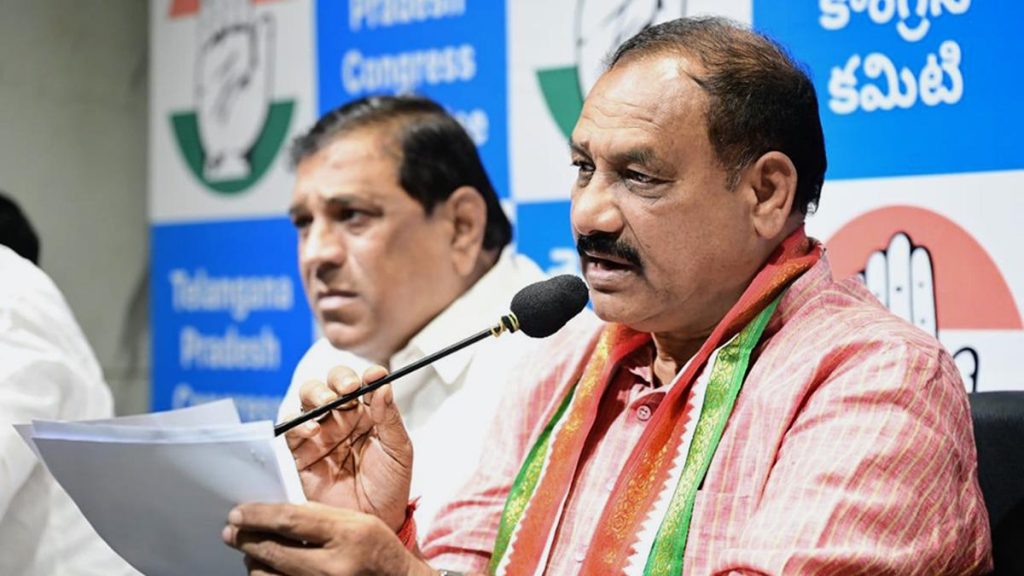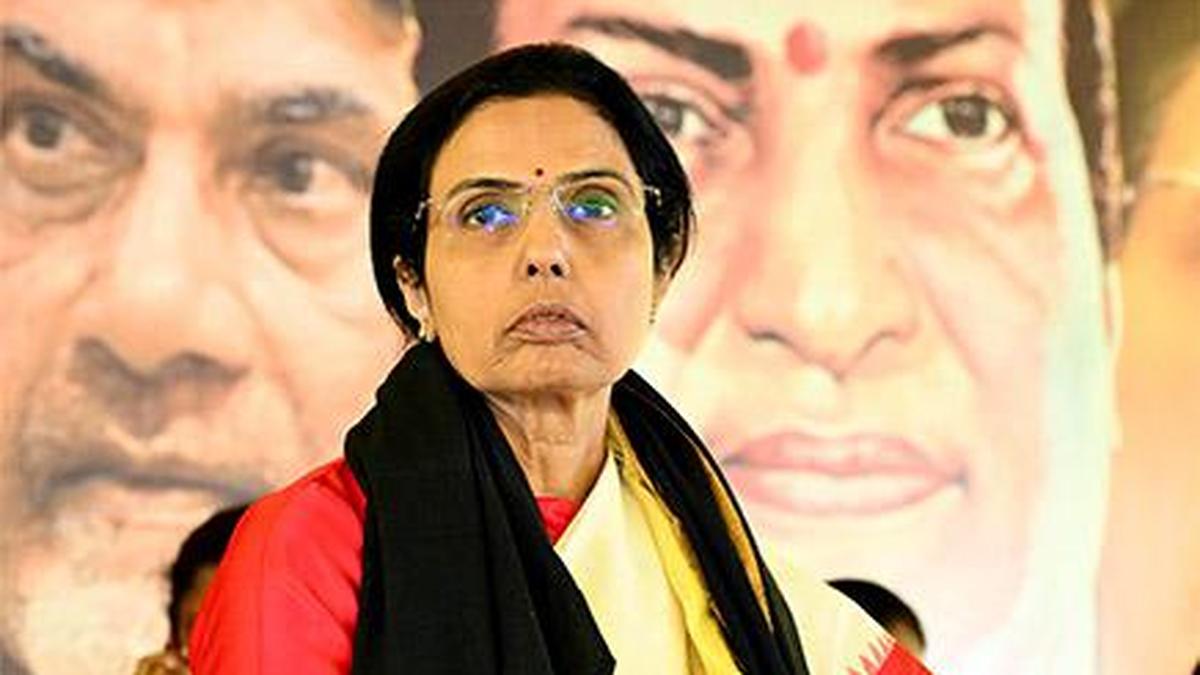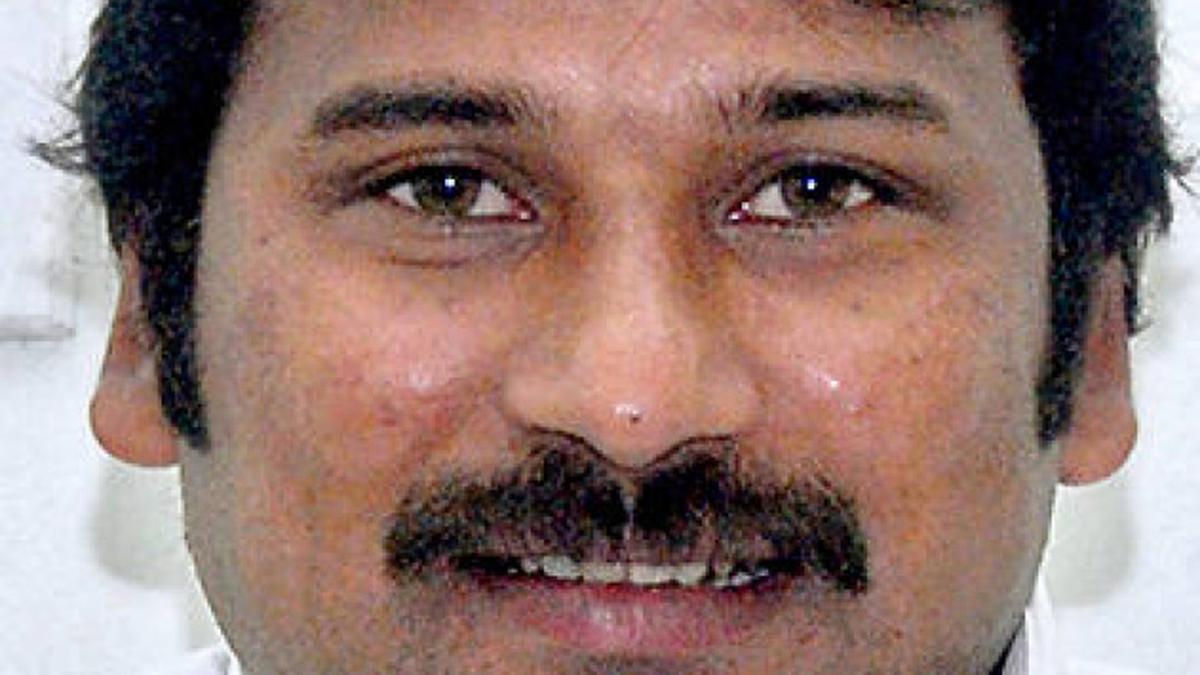Now Reading: Madras High Court Orders Removal of Lawyer’s Private Content Online Within 48 Hours
-
01
Madras High Court Orders Removal of Lawyer’s Private Content Online Within 48 Hours
Madras High Court Orders Removal of Lawyer’s Private Content Online Within 48 Hours

Speedy Summary:
- The Madras High Court directed the Union Ministry of Electronics and Information Technology (MeitY) to take immediate action within 48 hours to detect, remove, and block private images and videos of a woman advocate that were non-consensually recorded by her male partner and widely circulated online.
- Justice N. Anand Venkatesh ordered a compliance report from MeitY by July 14, aiming for further instructions to prevent similar incidents in the future.
- The writ petition stated that the images were secretly recorded during private moments under false promises of marriage and later uploaded online without her consent. A police complaint was lodged on April 1 against the man involved and also a WhatsApp group administrator.
- The petitioner requested MeitY use technologies like AI-based content recognition tools (e.g., photo DNA, Google content safety hash checkers) to remove offensive material from digital platforms effectively.
- Senior counsel appearing for the petitioner criticized MeitYS slow response in addressing such complaints despite earlier judicial directives in similar cases, urging coordination between Tamil Nadu police and MeitY for swift removal processes post-criminal complaints.
- Justice Venkatesh emotionally emphasized societal stereotypes while meeting with the victim personally for encouragement, asserting it’s essential to ensure individuals’ fundamental right to dignity.
Indian Opinion Analysis:
The Madras High Court’s directive highlights key concerns about privacy violations amplified by digital platforms in India today-a critical intersection of technology misuse and legal accountability mechanisms struggling to catch up with increasing cyber threats targeting women specifically. While technologies like hash matching or AI-based tools are available globally, their deployment frequently enough lacks urgency amidst bureaucratic inertia or insufficient infrastructure at various levels in India.
This case underscores an urgent need not just for enforcement but also preventive measures: robust regulatory frameworks mandating proactive monitoring by intermediaries coupled with stronger repercussions against violators exploiting gaps in regulation must be prioritized nationally.
Moreover, society’s ingrained notions that discourage silent sufferers from speaking out demand sustained efforts beyond judicial interventions-policy-level education campaigns tackling stigma at all levels are equally vital if justice is genuinely worldwide where dignity protection crosses gender/geographic/cultural boundaries across vulnerable populations combating Modern sustainability balancing Courts Thinking Judiciary Tech Tests Rights Prohibitions Framework apps!
For more: Read More.
























